Chemistry has received a secure position in the curricula of schools, technical colleges and universities, both as an inevitable part of general education for life and as a separate branch of science. The significance of the subject is now recognized by all educationalists. Chemistry will be the profession of only a small, but important minority of today’s school children. It is, however, essential to develop an interest in science, comprising chemistry, in every intelligent citizen so that he may percept that his very existence depends on the control of science and its discoveries. On the other hand, the trained chemist himself ought to develop a social conscience. No longer should be political and industrialist be left with the ultimate control of chemistry and all that it involves, while the chemist stands by and disowns responsibility. Pupils should realize that the special characteristic of human existence today is the dependence of modern civilization on science. Man cannot control science unless he is aware of its real nature, and has a proper knowledge of its aims and principles. Chemistry has advanced too rapidly in recent years for most people to appreciate its influence fully, and to apply it completely to improve the condition of life and society, so the professional chemist has a special responsibility to the community. It appears evident that economic self-sufficiency is impossible in any progressive country, and that necessities such as petrol, rubber, fuel, fertilizers and foodstuffs must be imported, wholly or in part, by most countries from elsewhere. Citizens must percept this, and be prepared also to learn by education and experience that the discoveries of chemistry must controlled for the general advantage of all mankind. Chemistry teacher will be acquainted with the ideals and aims of his subject and of the scientific attitude and method, but many difficulties arise when he makes endeavours to interpret them so that his pupils may be inspired with enthusiasm for such ideas. Indeed, the Problem of discovering the best methods of training young pupils to appreciate, as far as feasible, the principles and methods of any science cannot easily be solved. The present book makes comprehensive treatment about the various techniques of teaching chemistry. The book is great significance for teacher, students, researchers and others.
Co-Curricular Activities
$33.30
$37.00

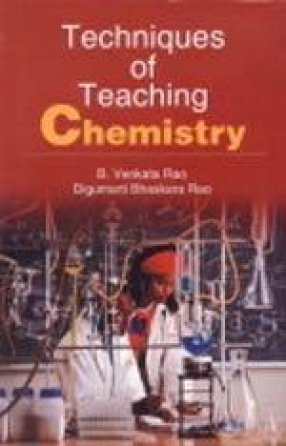
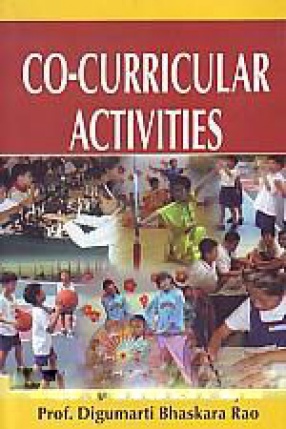
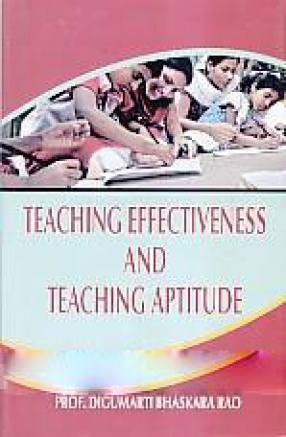
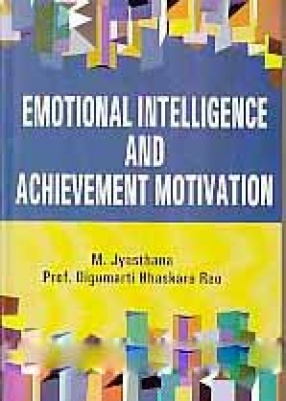
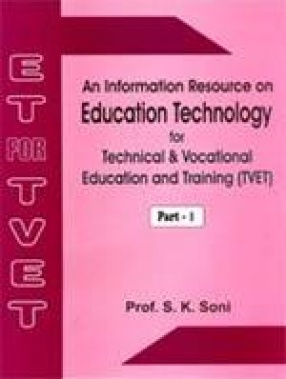


There are no reviews yet.